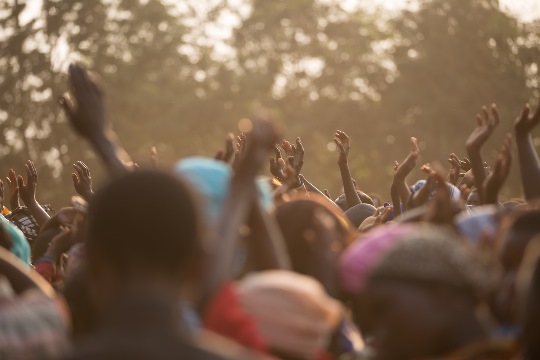Participating with God
Participating with God: Considerations from the Orthodox East for the Theological Task of the West
Introduction
In the opening pages of his three-volume Renewal Theology, J. Rodman Williams makes an observation which merits our attention. Theology as a task of the Christian church, he explains, is an essentially participative activity: “theology cannot be an exercise in neutral observation but can be done only by those who are genuinely participants. Of course, many things might be written about God and His ways (and they could even seem to be adequate and true), but without participation there is inadequate grasp of what it is all about.”1 Herein this fundamental point is strongly affirmed; true theology is a setting forth of all that pertains to the Church’s knowing of God, organically relational, experiential—participative.
The dilemma, of course, is not in reaching agreement on the importance of participation theoretically, but in defining appropriate epistemology—the “grounds, method, and limits of knowledge” with which the Church’s knowing takes place.2 In rather cyclical fashion, as one’s epistemology goes, so goes his participation, so goes his theology. Defining not just the necessity but also the nature of participation thus becomes critical to the theological task. In the West today there is great emphasis upon individualism, the intellect, reason and word; paradigms of rationalism which focus on the frontal lobe seem to have crowded out those which require experience. Arising from this context do Western Renewal theologians, following Williams, have unique contributions to make to theology writ large? With hope for such in view, criticism below dares us to a fresh and qualified appreciation for both ecumenicity and the mystical. In particular, we might heed the charge to become better informed and enriched by theological traditions of the Orthodox East.

Image: Avel Chuklanov
The Contemporary Context
Theology is an essentially participative activity.
Unfortunately, complex historical currents, particularly within academia, are working against those most likely to offer a unified theology-spirituality today. Such candidates are, of course, Western. Most Pentecostals/Charismatics are from the Third World (66 percent), and 87 percent live in poverty. Thus, we may expect historical trends to continue; though the “Worldwide Holy Spirit Renewal” is not primarily a Western phenomenon, highly literate Western thinkers with access to means of promoting their ideas will likely give rise to the most influential theologies.5 Meanwhile, commentators from both inside and outside this camp are convinced that a theology-spirituality rift is a real dilemma in the West.6


